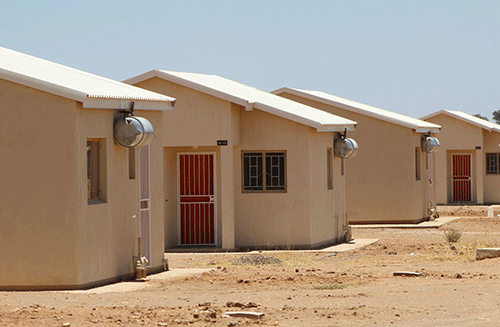Inflation for housing, water, electricity, gas and other fuels has increased both year-on-year and quarter-on-quarter during Q1 2021, mainly due to base effects and following deflationary pressure in the rental market during the previous year.
This deflationary pressure was ascribed to subdued demand on the back of job losses and reduced income as a result of recessionary conditions in the domestic economy that were exacerbated by Covid-19.
According to the Bank of Namibia (BoN), inflation for the sub-categories electricity, gas and other fuels as well as water supply, sewerage services and refuse collection slowed during Q1 2021, thereby moderating the rise in housing inflation. On a quarterly basis, housing inflation also rose by 2.5 percentage points from -1.3% to 1.2%. “The inflation rate for this category rose on a yearly basis by 1.8 percentage points to 1.2% during the first quarter. The yearly increase was driven by the sub-categories rental payments for dwellings as well as regular maintenance and repairs of dwellings, which rose by 3.1 percentage points and one percentage points, respectively, to 1.1% and 4.6%,” reads the report. Furthermore, transport inflation declined year-on-year, but rose quarter-on-quarter during the quarter under review. Transport inflation declined by four percentage points year-on-year to 0.6% during the first quarter of 2021.
The decline was mainly reflected in the operation of personal transport equipment, as well as public transport services, which declined by 8.1 percentage points and 0.1 percentage point, respectively, to -2.3% and 0.5%.
“This was owing to the fall in the international price of oil, coupled with the decline in the air transportation sub-category as a result of the Covid-19 pandemic during the period under review,” the report stated.
Meanwhile, inflation for the purchase of vehicles’ sub-category rose to 7.9% during the quarter under review, partially offsetting the decline in overall transport inflation. On a quarterly basis, inflation for transport rose by 1.9 percentage points, driven by a rise in inflation for the sub-categories purchase of vehicles as well as the operation of personal transport equipment. The central bank said this was partly on account of a less restrictive economic environment as a result of the gradual easing of Covid-19 restrictions, coupled with the rise in international oil prices. -mndjavera@nepc.com.na


